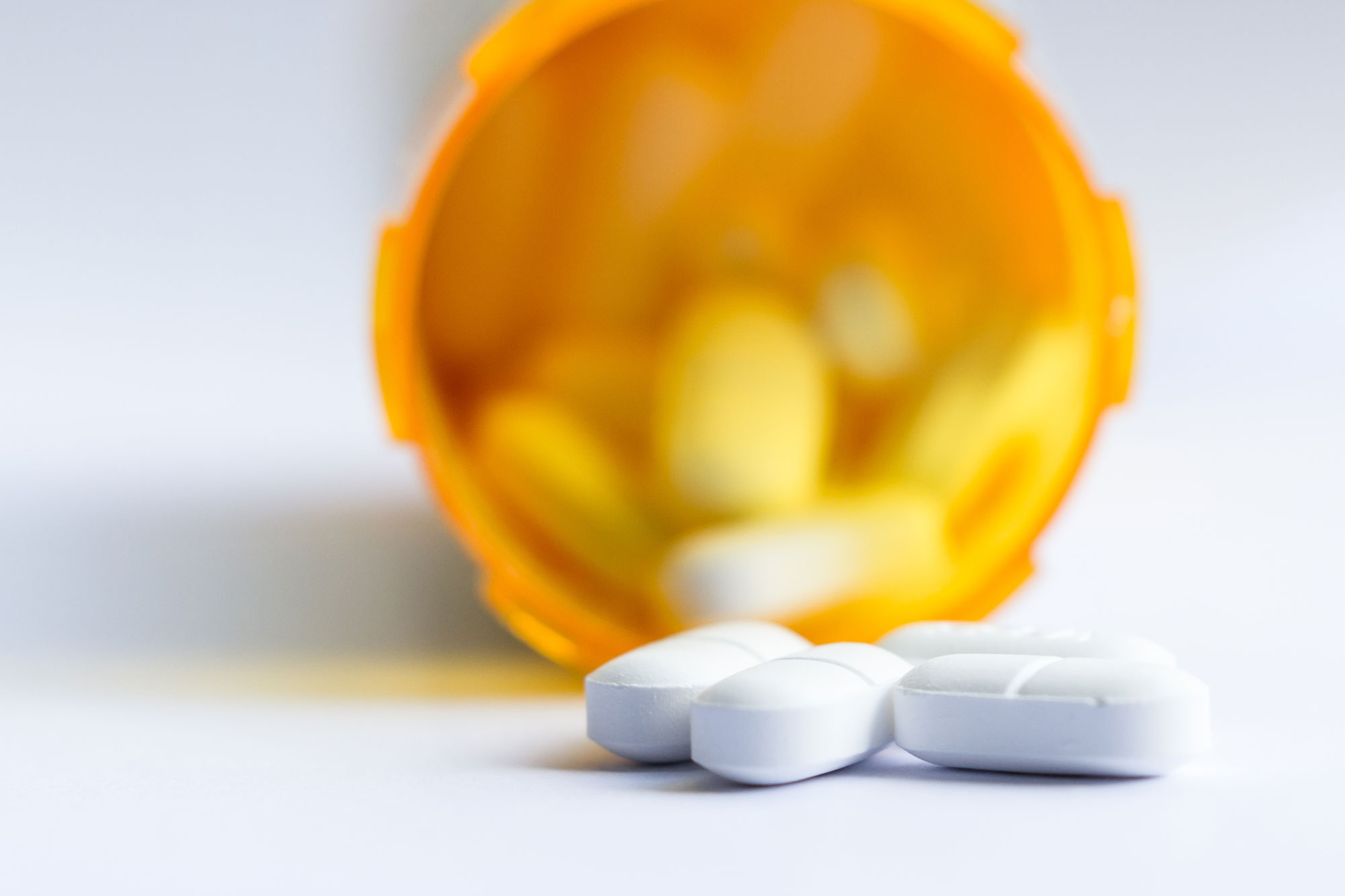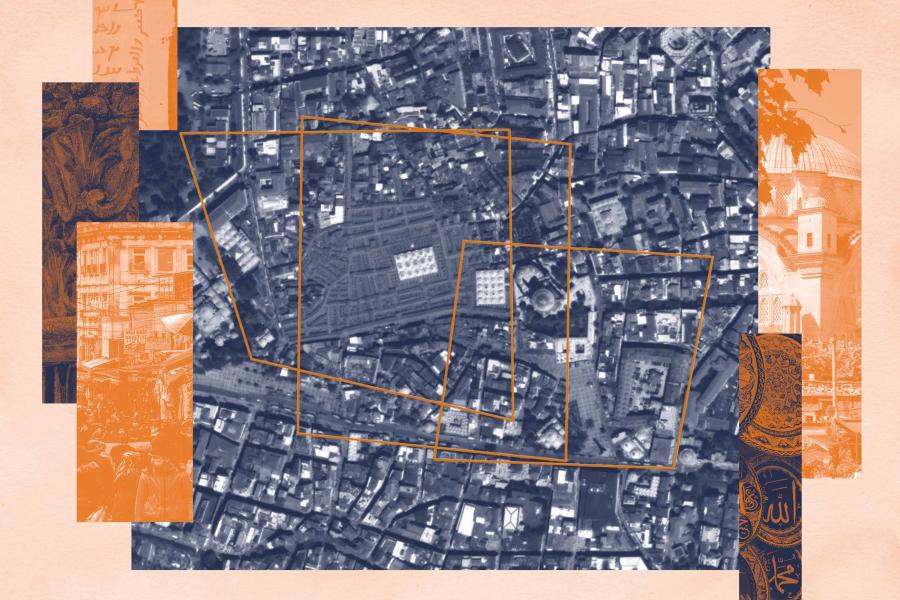With opioid overdose deaths reaching an all-time high during the COVID-19 pandemic, a new app developed at UVA Health is helping people struggling with opioids get the care they need.
The app, called “Heal Overcome Persist Endure,” or HOPE, aims to provide vital support to patients battling opioid-use disorder. HOPE offers app users an easy and secure way to connect with care providers, while an anonymous message board lets them share their experiences and build healing relationships with others who will understand the challenges they face.
An initial test of the app in a small group of patients at high risk of disengaging from their treatment programs found that more than half were still receiving care six months later, a number larger than expected. Further, some who stopped seeing their care providers continued to use the app – a testament to HOPE’s potential utility in connecting or reconnecting people to life-saving care.
“We are excited to see that patients are using the app to stay engaged with recovery services,” said Dr. Rebecca Dillingham, an infectious disease expert at UVA who helped develop the app. “We partnered with patients in the design of the app, and this helped to create a welcoming, low-barrier portal to facilitate staying in care.”










